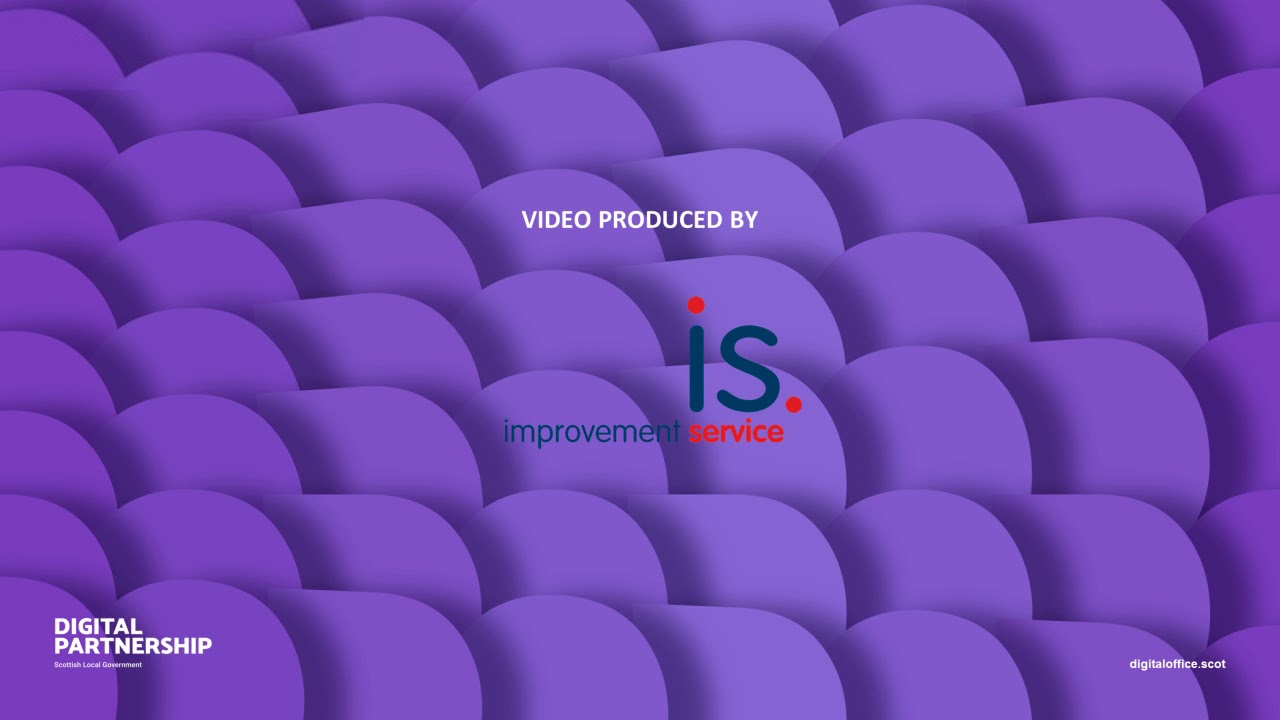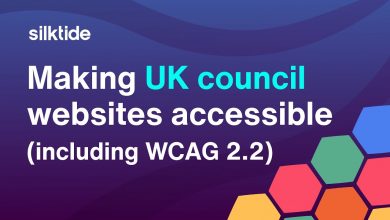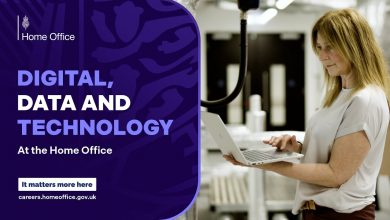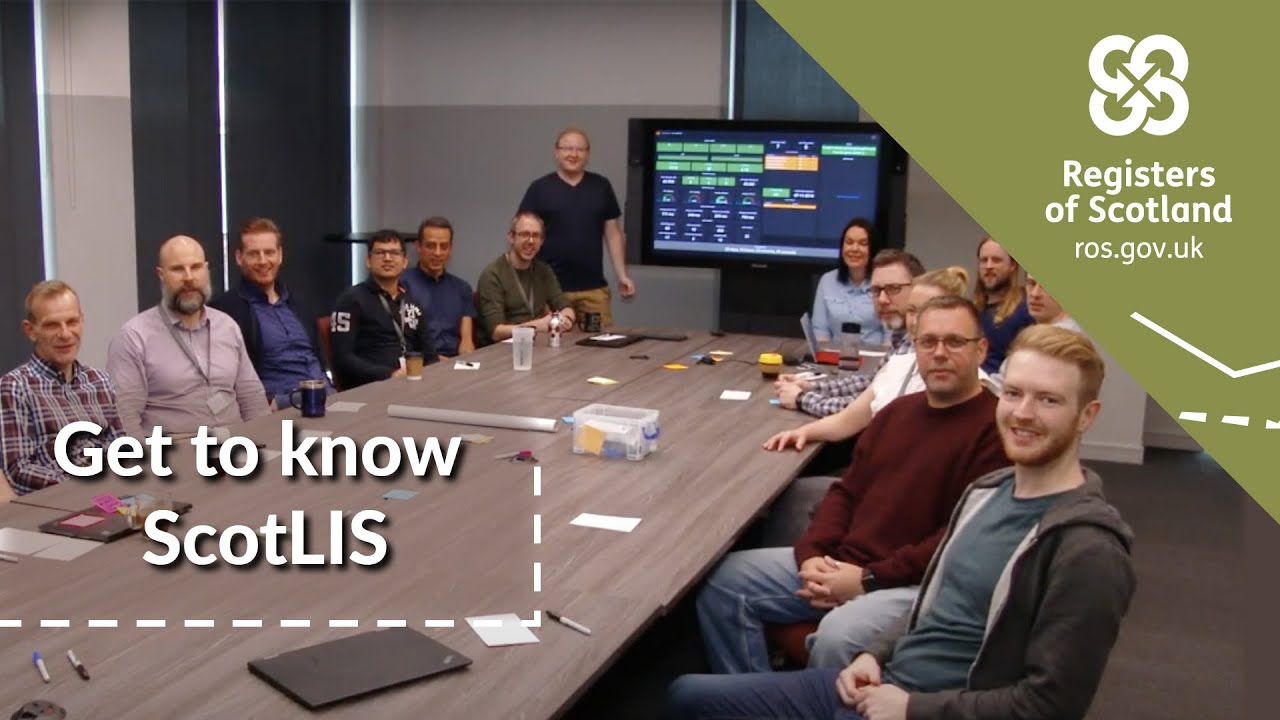Kent County Council Embraces AI to Accelerate Digital Transformation
KCC is adopting AI as a transformative tool to enhance public services, optimize resource allocation, and improve resident outcomes.
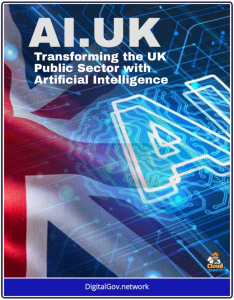 Kent County Council (KCC) is actively adopting AI as a cornerstone of its digital transformation strategy to enhance service delivery, improve efficiency, and address the growing demands of its 1.6 million residents.
Kent County Council (KCC) is actively adopting AI as a cornerstone of its digital transformation strategy to enhance service delivery, improve efficiency, and address the growing demands of its 1.6 million residents.
KCC is adopting AI as a transformative tool to enhance public services, optimize resource allocation, and improve resident outcomes.
By integrating AI into social services, public safety, infrastructure, healthcare, and digital inclusion efforts, KCC is addressing the challenges of a growing population while maintaining a focus on ethical governance and workforce development.
Strategic Framework and Digital Strategy
KCC’s Digital Strategy 2024-2027 provides an overarching framework to drive digital transformation, emphasizing the use of technology to improve digital experiences for both residents and staff.
AI is a key component of this strategy, aligning with KCC’s broader goals outlined in Framing Kent’s Future 2022-2026 and Securing Kent’s Future, which prioritize digitizing services, enhancing efficiency, and improving service quality. They laid the groundwork for this in 2023 through their AI policy report.
The strategy focuses on leveraging AI to transform the council’s operating model, making it leaner and more responsive while ensuring digital inclusion and accessibility under the Equality Act 2010.
Key AI Applications
KCC is implementing AI across multiple service areas to address specific challenges and improve outcomes:
This includes Public Safety, where AI is employed to monitor speeding motorists, enhancing road safety by identifying non-compliant drivers, and Infrastructure Maintenance: AI tools are used to detect deteriorating roads, enabling proactive maintenance and efficient resource allocation.
Major adoption programs include:
Social Services and Early Intervention
KCC uses machine learning to identify children at risk of entering care, enabling social workers to take preventive actions. This predictive analytics approach allows for early intervention, reducing the strain on social services.
In collaboration with Feebris, KCC has led an integrated digital care model for care homes, equipping the sector with AI tools to detect health risks (e.g., infections, chronic cardiac, and respiratory issues) early. This initiative has the potential to save the NHS £14.2 million annually per Integrated Care Board (ICB) in Kent and Medway, with national savings exceeding £360 million if scaled.
KCC has established a countywide AI pilot with district and borough councils to identify residents at risk of homelessness. By analyzing data, including protected characteristics and socio-economic factors, the AI model helps refine interventions to prevent homelessness, with ongoing equality impact assessments to ensure fairness.
Healthcare Administration
KCC is piloting TORTUS, an AI assistant using ambient voice technology, in collaboration with Kent Community Health NHS Foundation Trust. This tool drafts clinical notes and summary letters during consultations, reducing administrative burdens for clinicians and social workers. The pilot, launched in January 2025, focuses on community pediatric services and aims to improve clinician-patient interaction by minimizing paperwork.
Digital Accessibility and Inclusion
KCC is piloting a digital translation project using Microsoft Translate to assist unaccompanied asylum-seeking children in navigating their environments, ensuring inclusivity in service delivery. The council’s Digital Kent initiative, part of the Financial Hardship program, promotes digital inclusion through AI-driven projects and events like Digital Hubs and Drop-ins, aimed at improving health, education, and employment outcomes.
Microsoft Copilot Integration
KCC is leveraging Microsoft Copilot to enhance workforce productivity and service delivery. Under the leadership of Emma Rudd, Head of Digital Transformation, the council has implemented:
- Skills Workshops and Digital Festivals: KCC runs task-based training programs and annual Digital Festivals, including Copilot Pioneer days, where staff experiment with AI workflows. Prompt engineering workshops tailored to specific job roles help employees integrate AI into daily tasks.
- Future Expansion: A business case is being developed for council approval in March 2026 to expand Copilot use across KCC, aiming to improve real-time decision-making and operational efficiency. Specialized Copilot agents are also in development to further streamline processes.
The Council has deployed 1,500 Microsoft 365 Copilot licenses, 6,500 Surface devices, and training to support the use and adoption of Copilot and enhance efficiency and services. 365 Copilot, has significantly boosted staff well-being and productivity, as well as improved processes within Integrated Children’s Services Business Support and Adult’s Business Support.
“Anyone who works at the council is aware that demands for services are growing and Central Government funding is forever tight. We need to change how we work in order to meet the demands that are being made of us – and AI is one of the main solutions.” Chris Bell, Digital Project Manager, Kent County Council
“We were really fortunate to have Microsoft colleagues coming to Kent and showing our staff what the art of the possible is. It went down really well. We heavily invested in engaging with our staff – that probably was one of our biggest success factors.” Emma Rudd, Head of Digital Transformation, Kent County Council
Workforce Upskilling
Given the scale and complexity of these new technologies the primary challenge is the required workforce skills. KCC prioritizes upskilling its workforce to manage AI-driven workflows effectively, ensuring AI enhances rather than displaces jobs.
The council participates in the UK Government’s Digital Secondment Programme and runs internal training programs, such as those for Microsoft Copilot, to build digital capabilities among staff. Councillor Antony Hook has advocated for involving younger staff to bring innovative ideas to AI projects.
